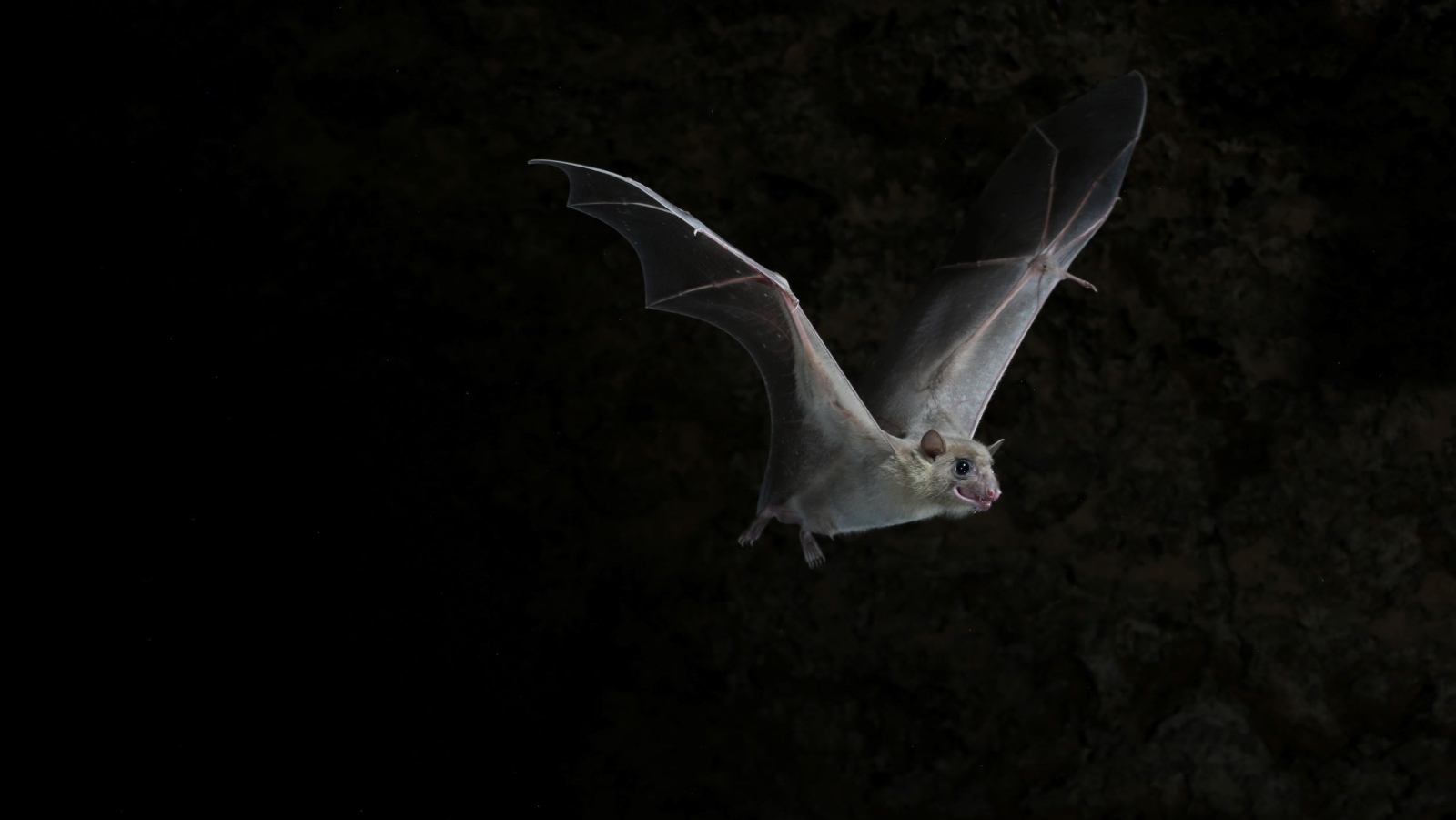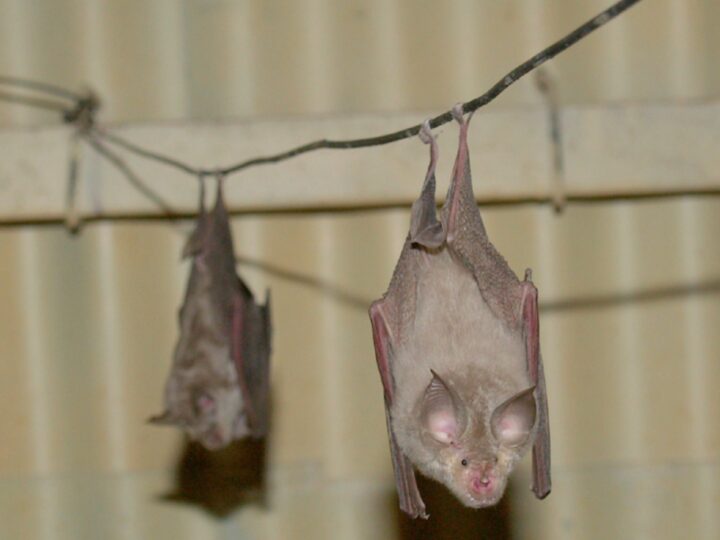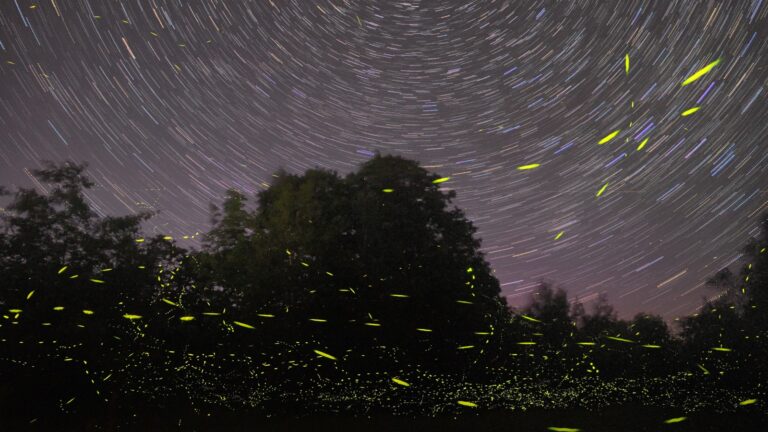Every year, wind turbines around the world kill millions of bats and other flying animals that get tangled in the blades.
Aside from the obvious harm to the creatures, this phenomenon also damages the turbines and takes them out of commission.
An original solution has been proposed by scientists from Tel Aviv University and the University of Haifa: a unique drone-mounted technology that transmits ultrasonic signals and lights, which cause bats to fly above the danger zone.
Published in the journal Remote Sensing in Ecology and Conservation, the study was conducted in northern Israel’s Hula Valley as part of Yuval Werber’s doctoral thesis, funded by a research grant from the Israeli Ministry of Energy.
“We operated the drone at a height of 100 meters – the average height of the center of a wind turbine, and in motion along a path of about 100 meters, back and forth,” said Werber.
The study was the world’s first to use radar, LiDAR and acoustic recordings to track bats in flight. The recordings were made using receivers placed on blimps at three different heights.
Findings proved the effectiveness of the deterrent method. When the drone was operating, the bats’ activity underneath it decreased by about 40 percent, while their activity increased above the drone’s altitude.
“It appears that the device is effective in repelling bats from its immediate environment – the bats sense the visual and ultrasonic signals it emits and choose to fly over it, as we had hoped,” said Prof. Yossi Yovel, head of Tel Aviv University’s Sagol School of Neuroscience and faculty member of the School of Zoology.
“We hypothesize that if the device is activated near a turbine, it will lead the bats to fly over the turbine and out of harm’s way. This is an effective and easily implemented solution that is reasonably priced, with great benefit to all parties. We intend to carry out a follow-up experiment on a wind turbine site, in order to test the efficiency of the device under these conditions.”
The study was conducted in collaboration with WinGo Energy and Israeli Wind Energy Association Chairman Gadi Hareli.
















